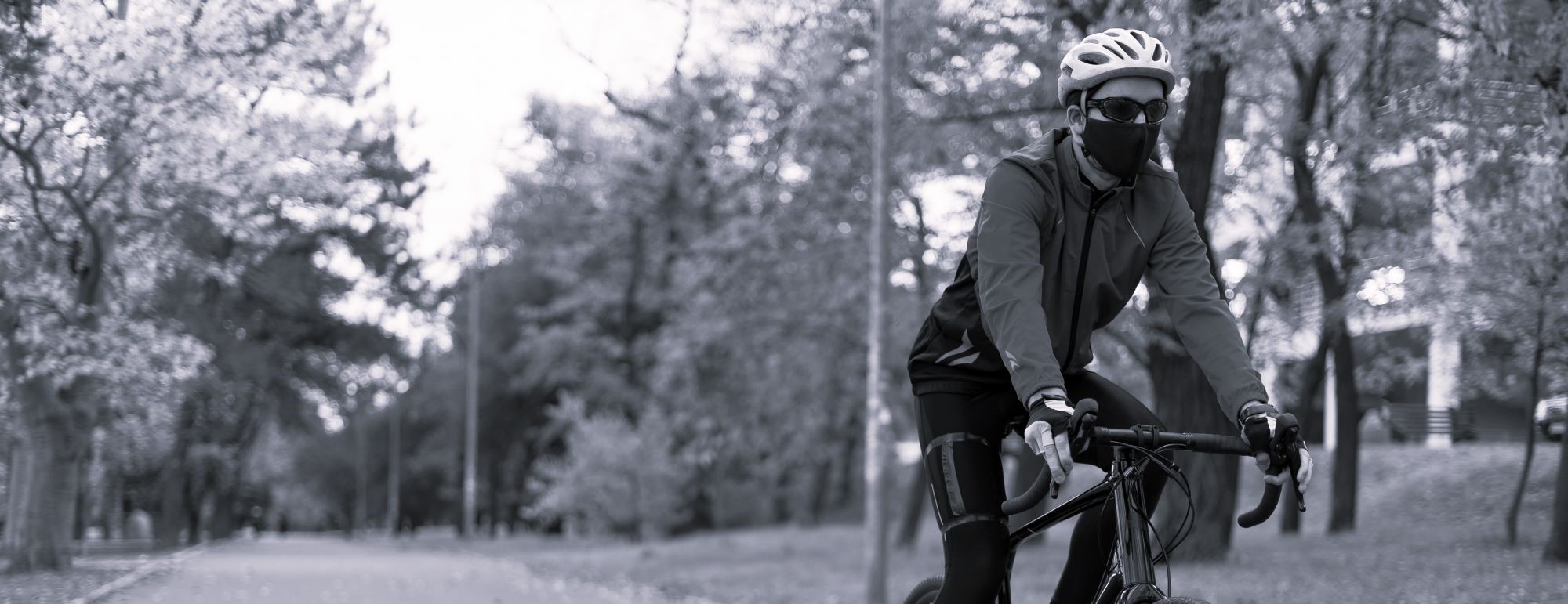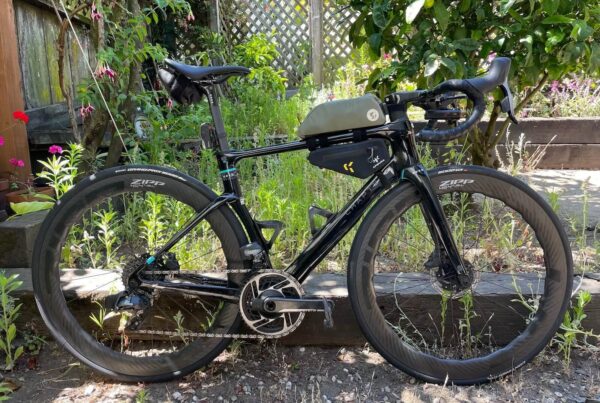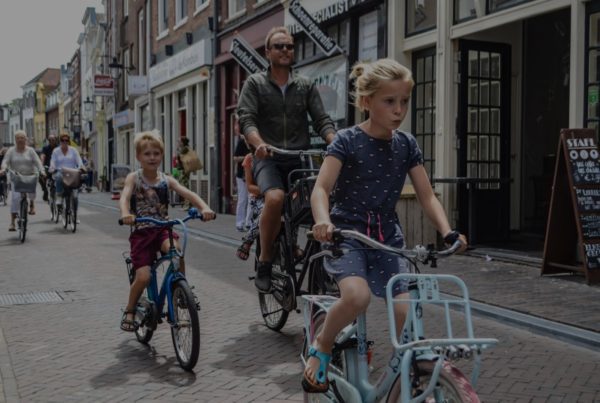Less than 3 months ago, the year began as years usually do, on a hopeful note, with billions of people around the world ringing in the new year. Oregon cyclists had particular reason to celebrate, as the new year ushered in a hard-fought and long –awaited victory in the form of Oregon’s new Stop as Yield law. And flush on the heels of that and another important-but-unsung legal victory in Oregon, I began a series of articles suggesting new legislative goals in Oregon and California.
What a difference a few months makes. What few people realized in early January was that a deadly new virus had emerged in Wuhan, China in early December. At first, government authorities in China hoped they could contain the virus while downplaying reports in the media. But by late December, it became apparent that a public health crisis was underway in Wuhan.
The rest of the world still didn’t grasp what was happening, and in the weeks since then, the virus has spread across the world, creating public health crises worldwide. Increasingly, we’re seeing “Shelter in Place” orders across the United States, with schools and business closing, and our economy on the brink of recession, as authorities attempt to “flatten the curve” and prevent our hospitals from being overwhelmed by the pathogen.
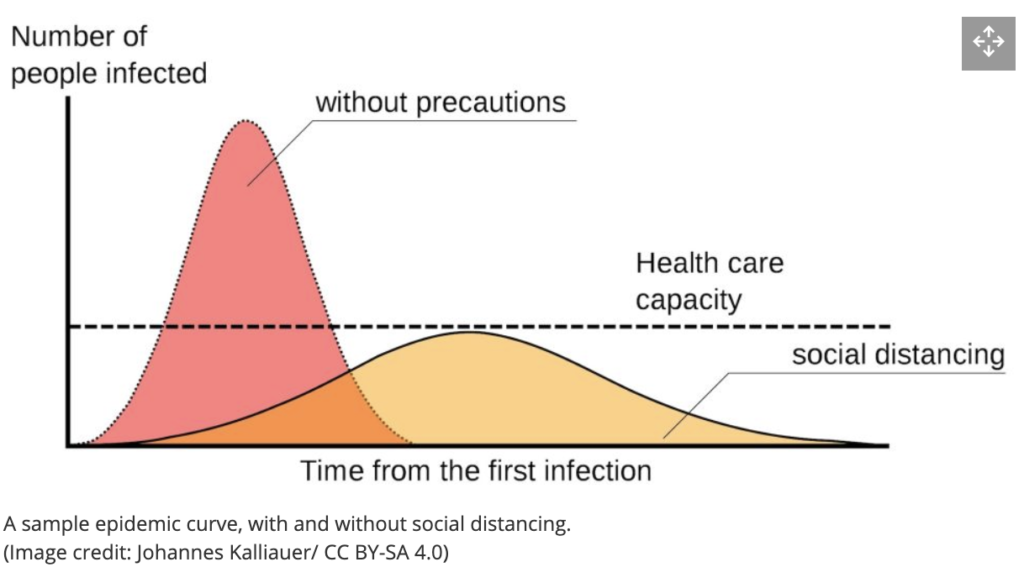
Two years ago, I was living in Bangkok. Shortly after returning from a trip to Chiang Mai, I came down with a cold. I recovered, and then came down with a second cold. Only my “cold” turned out to be pneumonia. Thanks to excellent medical care, I was able to recover without hospitalization, but it was the worst illness I’ve ever had. When I finally recovered, I was severely weakened. Walking more than a few steps was exhausting, and forcing myself to continue was torture. But I knew if I didn’t regain my strength, I would continue to decline, so I forced myself to soldier on. Eventually, I recovered my strength through sheer willpower and determination.
So I have some sense of what COVID-19 can do to its victims. The possibility that this virus may overwhelm our hospitals with more pneumonia patients than there are ICU beds available, while overworked medical staff struggle to keep patients and themselves alive, threatens us with a historically catastrophic pandemic, the likes of which few people alive have ever witnessed. The thought of 18 months of this pandemic is terrifying, as is the thought of millions of deaths, our economy in freefall, and 20% unemployment. And yet that is the possibility we are facing.
Although the virus first emerged in Wuhan, it soon appeared in Korea, Japan, and other Asian countries, including Thailand. And now it’s here in California, where I have been living since my return from Thailand (Full disclosure: I returned to California before the viral outbreak began in Wuhan). In a globally connected world, there’s no escaping a wildfire pandemic.
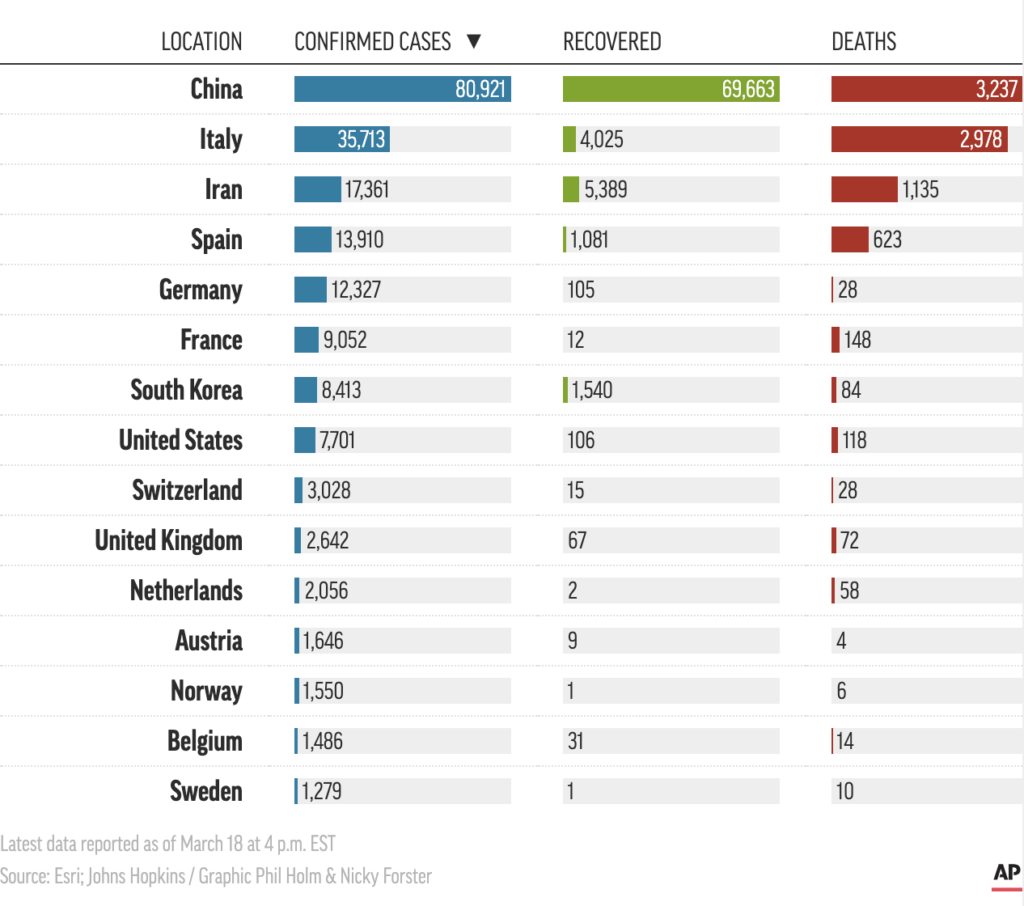
And yet even in the midst of a wildfire pandemic and “Shelter in Place” orders, it’s still possible to stay connected in our globally connected world. I talk with my Thai friends and loved ones daily. We’re all in the same boat, all weathering or about to weather the same storm. Even in the midst of a viral storm, we can still go for a walk in the forest, like I did today. Even in the midst of a looming public health crisis, we can be thankful for our good health, and the advance knowledge we have about what’s coming and how to get through it. Even as the crisis winter of 2019 seems to get worse with each passing day, we know that spring is just around the corner. And even with social distancing, we can still go for a ride. In fact, in New York City COVID-19 has led to a cycling boom as commuters abandon the crowded subways for their bicycles and the relative safety of commuting with social distancing.
Italy has been harder hit by this virus than most countries. The entire country is under lockdown, with 60 million people quarantined to their homes as Italy’s beleaguered medical professionals work heroically to save lives amid a shocking rise in the COVID-19 death toll. And yet as dark as these days have been, people have found ways to retain their humanity and remain connected, inspiring people around the world with the resilience of their human spirit as they sing and play music with their neighbors from the safety of their balconies.
Venice has also borne witness to the remarkable resilience of life, as swans have returned to the canals of deserted Venice, and the waters run so clean that fish can be seen in the canals again.
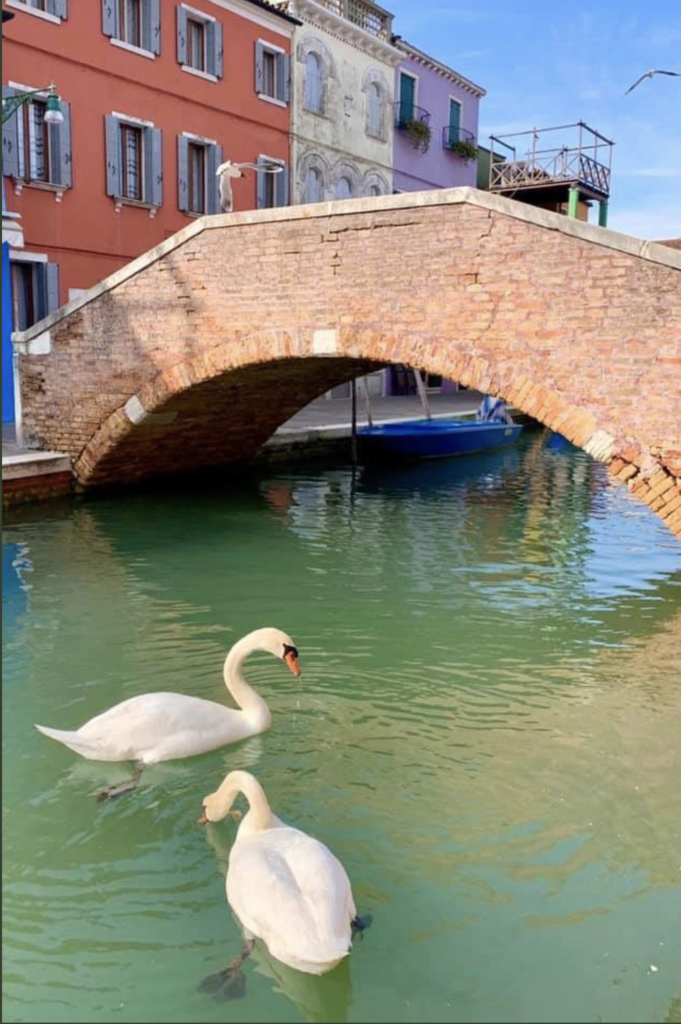
Life goes on.
And so will we. With that in mind, I will continue to write about a vision for new cycling-friendly legislative goals. We may not get there this year, but we will get there. Stay safe, and stay strong. We will survive.

